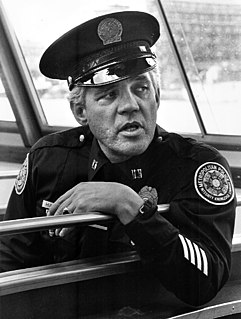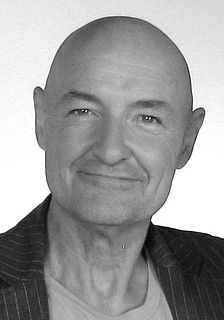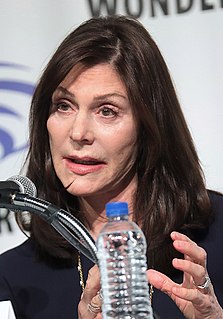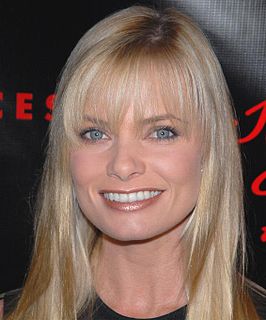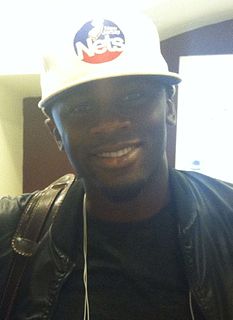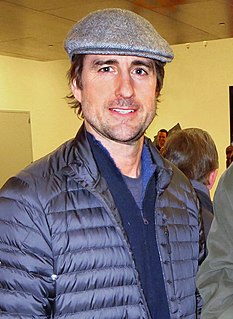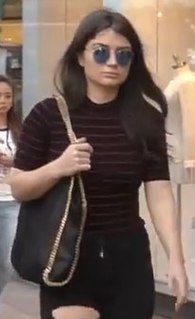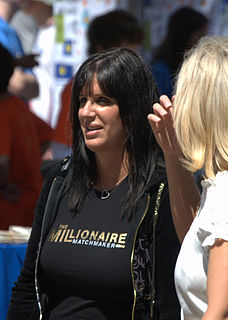A Quote by G. W. Bailey
Do I enjoy features? Yeah, I really do. Would I like to do some more features before I head to the barn? Yeah, probably. But I also love television. I love doing television because it's fast, and that I like a lot.
Related Quotes
I've really dreamed of doing television. All of us do television, coming up. But when I was coming up, television was a black hole for actors. Now, television has a certain cache. Now everybody wants to be on TV because they're doing adult dramas. If you're an actor, it's like, "Well, get me on television," because it's the only place you can do it and also make a living at it. If my kids need shoes, I better do a TV show because I damn sure don't make any money with independent films.
Thank god, I can't sing because that would be a lot of pressure. But yeah, it's nice doing something different and that's something I really feel like is my own passion. It's also connected. Everything is connected in the entertainment business, so I have the support of my parents because they've been through it all before and they can give me advice.
I would have been a lot more nervous if I would had known that Matthew McConaughey was [on 30th Annual Television Critics Association Awards] and Julia Louis-Dreyfus was there and all that, and I was like, "Wait a minute and Bryan Cranston's here..." I think I would have got more nervous. But I think thinking it was just like, "Oh yeah critics, we're good." It was great.
